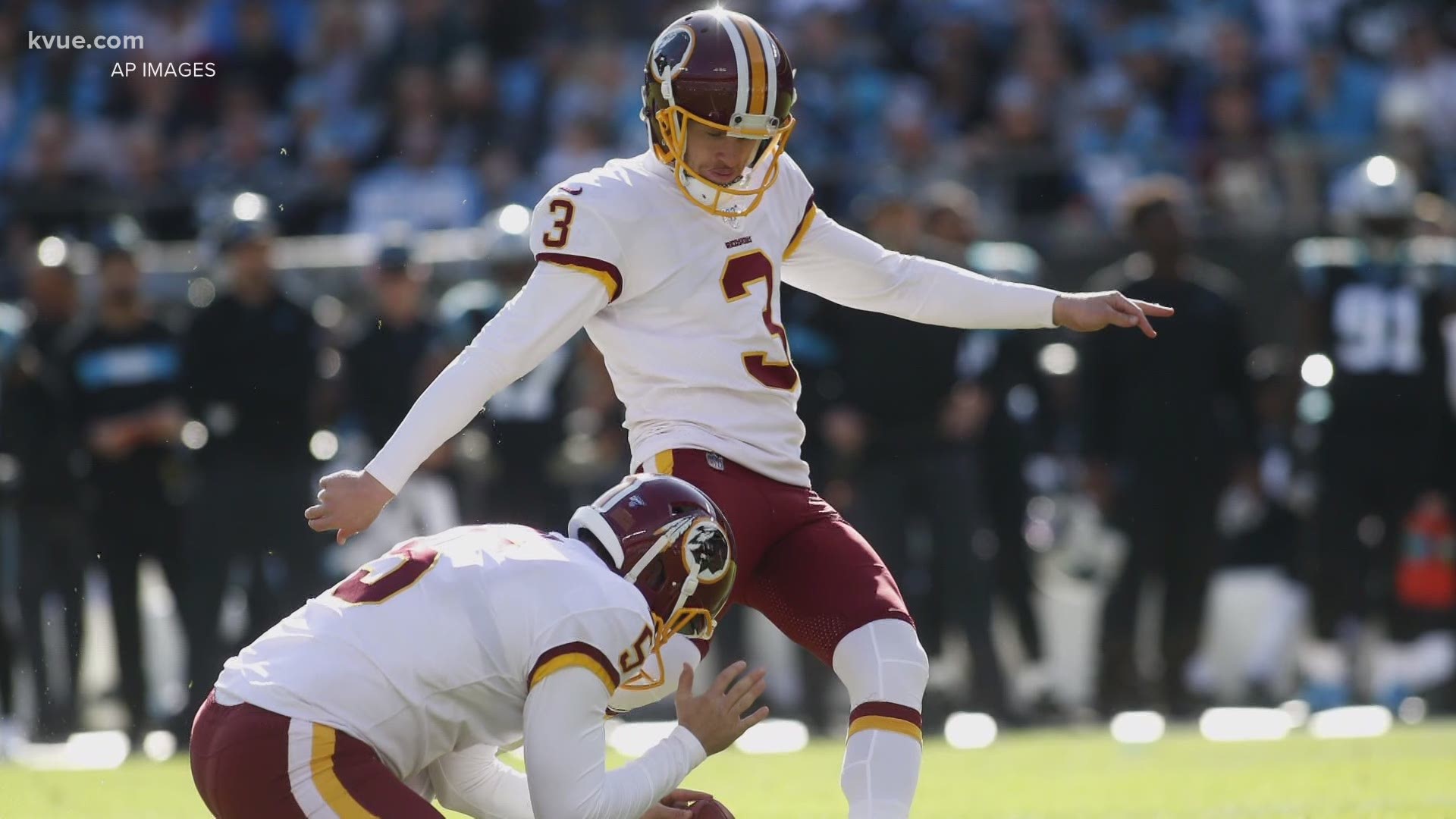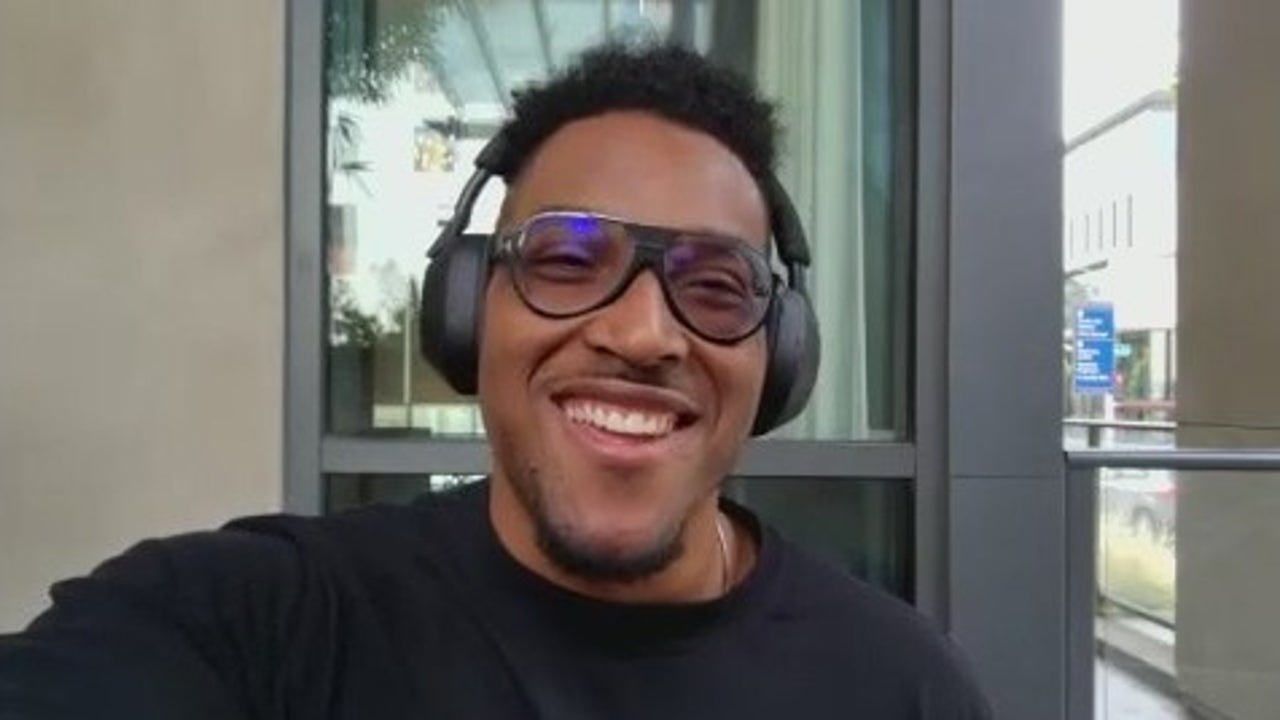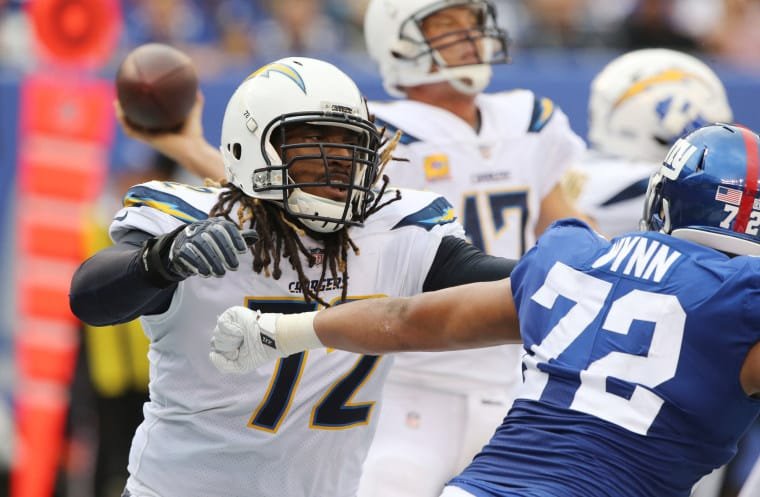The world of professional sports is diverse. Athletes come from various backgrounds and experiences. Autism Spectrum Disorder (ASD) is a condition that affects many people globally, including athletes. The NFL, known for its competitive nature, is no exception. Some players have been open about their autism diagnosis.
The question of are there any autistic NFL players highlights an important topic in sports. While research is ongoing, there have been no widely recognized players diagnosed with autism in the NFL. However, awareness of autism has grown significantly, and the league has made strides in promoting inclusivity. Various initiatives aim to support players with disabilities, encouraging a culture of acceptance. The stories of athletes with autism in other sports serve as inspiration, showing that talent knows no boundaries. As awareness increases, the hope is that more athletes will feel empowered to share their experiences and contribute to the sport.

Introduction To Autism In Sports
Autism in sports is a topic that deserves more attention. Athletes with autism face unique challenges but also bring unique strengths. Understanding autism can help break down barriers and promote inclusivity in sports.
Brief History Of Autism
Autism was first described in the 1940s. Researchers identified it as a developmental disorder affecting social skills and communication. Over the years, awareness of autism has grown. Today, there is a better understanding of the autism spectrum.
People on the spectrum can have a range of abilities. Some individuals may need significant support. Others may excel in areas like sports, technology, and art.
Autism In Professional Sports
Athletes with autism have started to gain recognition in professional sports. Their stories inspire and challenge stereotypes. These athletes show that autism does not limit potential.
In the NFL, awareness about autism is also growing. Some players have shared their diagnoses publicly. This has helped raise awareness and break down stigma.
Autistic athletes bring unique strengths to their teams. They may have exceptional focus, dedication, and attention to detail. These qualities can be valuable assets in sports.
Challenges Faced By Autistic Athletes
Autistic athletes, including those in the NFL, face unique challenges. These challenges can impact their performance and social interactions. Understanding these difficulties can help in supporting them better.
Social And Communication Barriers
Autistic athletes often struggle with social cues. They might find it hard to communicate with teammates. Misunderstandings can occur, leading to isolation. Clear and direct communication is crucial.
Sensory And Environmental Factors
Stadiums are loud and overwhelming. The bright lights, crowd noise, and physical contact can be intense. Autistic athletes may find these sensory inputs distracting or even painful. Creating a comfortable environment can help.
Autism And The Nfl: Breaking Stereotypes
The NFL is known for its tough and aggressive sport. Many believe it is not a place for those with autism. But this is far from the truth. The NFL is a diverse community. It includes players of all backgrounds and abilities. Some of these players are on the autism spectrum.
Prevalence Of Autism In The Nfl
Autism is a developmental disorder. It affects how a person communicates and interacts with others. It is estimated that 1 in 54 children in the United States is diagnosed with autism. This means some NFL players could also be on the autism spectrum. They may face unique challenges. But they also bring unique strengths to the game.
Case Studies Of Autistic Nfl Players
There are a few case studies of NFL players on the autism spectrum. These players have shown that autism does not limit their ability to excel in football.
Joe: A player diagnosed with autism in his childhood. He has become one of the top offensive linemen in the league.
Mike: Diagnosed with autism as a teenager. He has made significant contributions as a defensive end for his team.
These players have broken stereotypes. They have shown that having autism does not define their abilities. They have also inspired many young athletes on the autism spectrum.
In the NFL, diversity is celebrated. Players with autism are proving that they belong. They are paving the way for future generations. They are changing the way we view autism in sports.
Famous Autistic Nfl Players
Many wonder if there are autistic NFL players. Yes, some NFL players have autism and excel in football. Their stories inspire many.
Autism does not stop people from achieving great things. Many NFL players have shown that even with autism, one can reach the top. These players have inspired many with their stories and determination.
Player Profiles
One well-known player is Anthony Ianni. Diagnosed with autism at age four, he became a motivational speaker. He played college football at Michigan State. Ianni’s story encourages many young athletes with autism. Another notable player is Marcus Boyd. Diagnosed with autism at age eight, Boyd played for the Green Bay Packers. His journey in the NFL is a testament to his hard work and resilience.
Inspiring Journeys
Anthony Ianni faced many challenges growing up. Doctors said he would never graduate high school. Yet, he not only graduated but also played college football. His journey is one of perseverance and strength. Marcus Boyd also had a tough path. He was often misunderstood due to his autism. Despite this, he made it to the NFL. Boyd’s story shows that with hard work, anything is possible. These players prove that autism is not a barrier. Their journeys inspire many to chase their dreams. Their stories highlight the importance of determination and belief in oneself. “`
Support Systems For Autistic Players
Autistic NFL players often face unique challenges. These challenges require tailored support systems. These systems help them thrive on and off the field.
Coaching And Training Adaptations
Coaches play a crucial role in supporting autistic players. They adapt their coaching styles to meet the players’ needs. This includes clear communication and structured routines.
Visual aids can also be beneficial. Diagrams and videos help players understand plays. Consistent training schedules reduce anxiety and increase focus. These adaptations create a supportive environment.
Mental Health And Well-being
Mental health support is vital for autistic players. Many teams offer access to therapists. These professionals specialize in autism and sports psychology. They help players manage stress and stay mentally strong.
Well-being activities like mindfulness and relaxation techniques are also important. These activities improve focus and reduce anxiety. A balanced approach to mental health ensures players can perform at their best.

The Role Of Teams And Organizations
Teams and organizations play a crucial role in supporting autistic NFL players. Their inclusive policies and advocacy programs help create a supportive environment. This ensures these players can thrive on and off the field.
Inclusive Policies
Many NFL teams adopt inclusive policies to accommodate autistic players. They provide tailored support to meet individual needs. These policies include:
- Flexible training schedules to reduce stress.
- Specialized coaching that understands autism.
- Access to mental health resources.
- Quiet spaces for relaxation.
These policies help autistic players perform at their best. They ensure a fair and supportive environment. This benefits both the players and the team.
Advocacy And Awareness Programs
Teams also run advocacy and awareness programs. These programs educate the public about autism. They aim to reduce stigma and promote understanding. Key components of these programs include:
- Workshops and seminars.
- Social media campaigns.
- Community outreach events.
- Fundraising for autism research.
By raising awareness, teams help create a more inclusive society. This benefits autistic players and the broader community. Everyone wins.
Public Perception And Media Representation
Public perception and media representation often overlook autistic NFL players. Highlighting their presence could foster greater awareness and acceptance.
Public perception and media representation of autistic NFL players have evolved. The portrayal of these athletes in the media shapes public awareness. It also influences how society views autism in sports.
Media Coverage Of Autistic Players
Media coverage of autistic NFL players is crucial. Positive stories highlight their achievements. They show that autism does not limit success. Coverage often focuses on their journey. It presents their challenges and triumphs. This kind of storytelling inspires many. Some articles feature interviews with the players. They share their personal experiences. These stories help break stereotypes. They show that autistic individuals can excel in sports. This fosters a more inclusive view of autism.
Impact On Public Awareness
The media plays a key role in public awareness. Stories about autistic players reach many people. They educate the public about autism. This can lead to greater acceptance. It also encourages understanding and empathy. Seeing autistic players succeed in the NFL breaks barriers. It changes how people think about autism. More people realize that autistic individuals have diverse talents. This shift in perception can lead to positive changes. More support and opportunities for autistic individuals may follow. In conclusion, the portrayal of autistic NFL players in the media has a significant impact. It shapes public perception and awareness. Positive stories can inspire and educate. They help create a more inclusive society for autistic individuals.
Future Of Autism In The Nfl
The future of autism in the NFL is bright. More players with autism are stepping into the spotlight. They inspire fans and fellow athletes. This shift marks a significant change in the sport.
Potential For Increased Inclusivity
The NFL is moving towards greater inclusivity. Teams are recognizing the talents of autistic players. Coaches and staff are learning to support diverse needs. This creates a more inclusive environment.
Autistic players bring unique skills to the game. Their presence can change the dynamics on the field. Fans see these players as role models. This helps to reduce stigma and promotes understanding.
Supportive Initiatives And Innovations
Supportive initiatives are essential for autistic NFL players. Programs are being developed to assist these athletes. These initiatives provide necessary resources and training. They help players to excel in their careers.
Innovations in technology also play a role. Tools and apps can aid in communication and training. This makes it easier for autistic players to perform at their best. The NFL is embracing these changes.
The future looks promising. Autistic players are finding their place in the NFL. Supportive initiatives ensure they have what they need. This creates a positive environment for everyone involved.
Conclusion And Call To Action
As we draw our discussion to a close, let’s take a moment to summarize the key points and encourage further dialogue on the topic of autistic NFL players. This is an important conversation that needs to continue, as it impacts many lives. Understanding and awareness can lead to better support for autistic individuals in sports.
Summary Of Key Points
Throughout this blog post, we have examined the presence of autistic players in the NFL. We highlighted the challenges they face and the successes they achieve. We also discussed the importance of support systems in helping them thrive. Here is a quick summary:
Challenges: Autistic players face unique obstacles in communication and social interactions.
Successes: Some autistic players have achieved great success in the NFL.
Support Systems: Strong support systems are crucial for their success.
Encouraging Further Dialogue
The conversation does not end here. We need to keep discussing how to support autistic individuals in sports and beyond. Sharing stories and experiences can help raise awareness and foster understanding. Here are some ways to continue the dialogue:
- Share this blog post with others.
- Engage in discussions on social media.
- Support organizations that help autistic individuals.
By continuing this conversation, we can create a more inclusive and supportive environment for everyone.
Frequently Asked Questions
Are There Nfl Players With Autism?
Yes, there are NFL players with autism. Some have openly shared their diagnosis. They serve as an inspiration.
Which Nfl Players Are Autistic?
One notable NFL player with autism is Joe Barksdale. He has openly discussed his diagnosis and journey.
How Do Autistic Nfl Players Perform?
Autistic NFL players perform well, proving that autism doesn’t limit athletic potential. They thrive with support and understanding.
Is Autism Common In Professional Sports?
Autism is relatively uncommon in professional sports. However, awareness and acceptance are increasing, helping more athletes succeed.
Conclusion
Autistic players in the NFL inspire many. Their stories show strength and determination. They break barriers and challenge stereotypes. These athletes remind us that talent comes in many forms. Support and understanding can help everyone succeed. The NFL can become more inclusive. By embracing diversity, we create a richer, more vibrant game. Everyone deserves a chance to shine.


